Theoretical Capacity Analysis of Power Lithium Battery and Its Influencing Factors
Power lithium battery it is a widely used lithium ion battery, and its theoretical specific capacity is one of the important indexes to evaluate the battery performance. Theoretical specific capacity refers to the amount of energy that can be stored by Battery Theory per unit of battery mass or volume. This paper will deeply discuss the concept, calculation method and influencing factors of theoretical specific capacity of power lithium battery.
-
Theoretical concept of specific capacity of power lithium battery
the theoretical specific capacity of power lithium battery refers to the maximum electric energy that can be released or stored by the battery unit under ideal circumstances. It is usually expressed in unit mass (Wh/kg) or unit volume (Wh/L). Theoretical specific capacity is determined by chemical calculation and electrochemical reaction, which is an important parameter for battery design and performance evaluation. -
Calculation method of theoretical specific capacity of power lithium battery
the theoretical specific capacity of power lithium battery can be determined by calculating the specific capacity of positive electrode and negative electrode materials in the battery and considering factors such as electrolyte and battery structure. In short, the theoretical specific capacity of the battery can be obtained by the weighted average of the specific capacity of each component. The specific calculation method can refer to the relevant theories of electrochemical reaction and battery composition. -
Factors affecting theoretical specific capacity of power lithium battery
the theoretical specific capacity of power lithium battery is affected by many factors, including but not limited:
- specific capacity of positive and negative electrode materials: the specific capacity of positive and negative electrode materials determines the energy storage capacity of the battery. Generally, high-capacity materials can improve the theoretical specific capacity of the battery.
- Performance of electrolyte: the ionic conductivity and stability of electrolyte have an important influence on the energy density and cycle life of the battery.
- Battery structure design: the internal structure of the battery design impacts the transmission efficiency of electrons and ions, directly affecting the energy storage and release efficiency of the battery.
- Temperature and environmental conditions: temperature has a significant impact on the performance of the battery. Too high or too low temperature will affect the charging and discharging efficiency and cycle life of the battery.
- Application of theoretical specific capacity of power lithium battery
the theoretical specific capacity of power lithium battery is of great significance in battery design, performance evaluation and application scenario selection. By optimizing battery materials, structural design and technological process, the mechanism of power lithium battery can be improved.On the specific capacity, and then improve the energy density, cycle life and use effect of the battery.
By analyzing the concept, calculation method and influencing factors of theoretical specific capacity of power lithium battery in detail, we can better understand the performance characteristics and optimization methods of power lithium battery. Mastering the relevant knowledge of theoretical specific capacity of power lithium battery is helpful to promote the development and application of battery technology.
 Dongguan Juneng New Energy Technology Co., Ltd.
Dongguan Juneng New Energy Technology Co., Ltd.
 137 5142 6524(Miss Gao)
137 5142 6524(Miss Gao)
 susiegao@power-ing.com
susiegao@power-ing.com
 Xinghuiyuan High tech Industrial Park, Dalang Town, Dongguan City, Guangdong Province
Xinghuiyuan High tech Industrial Park, Dalang Town, Dongguan City, Guangdong Province


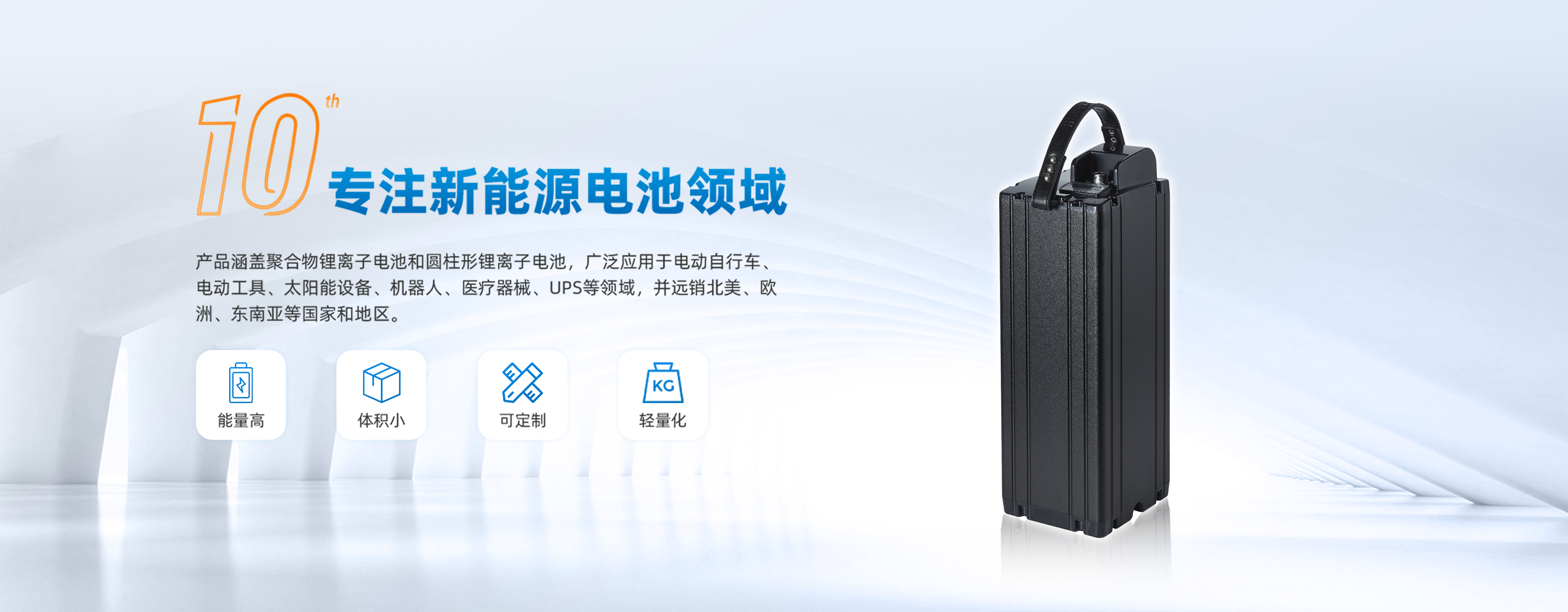
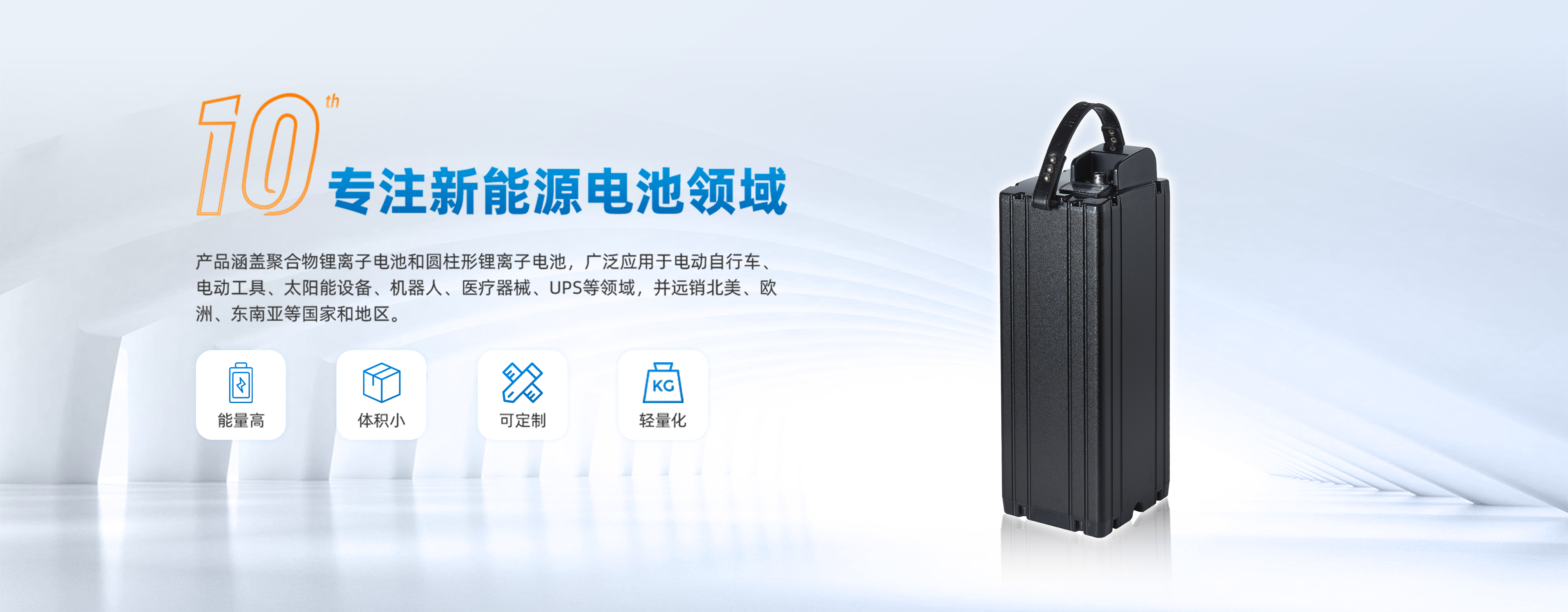
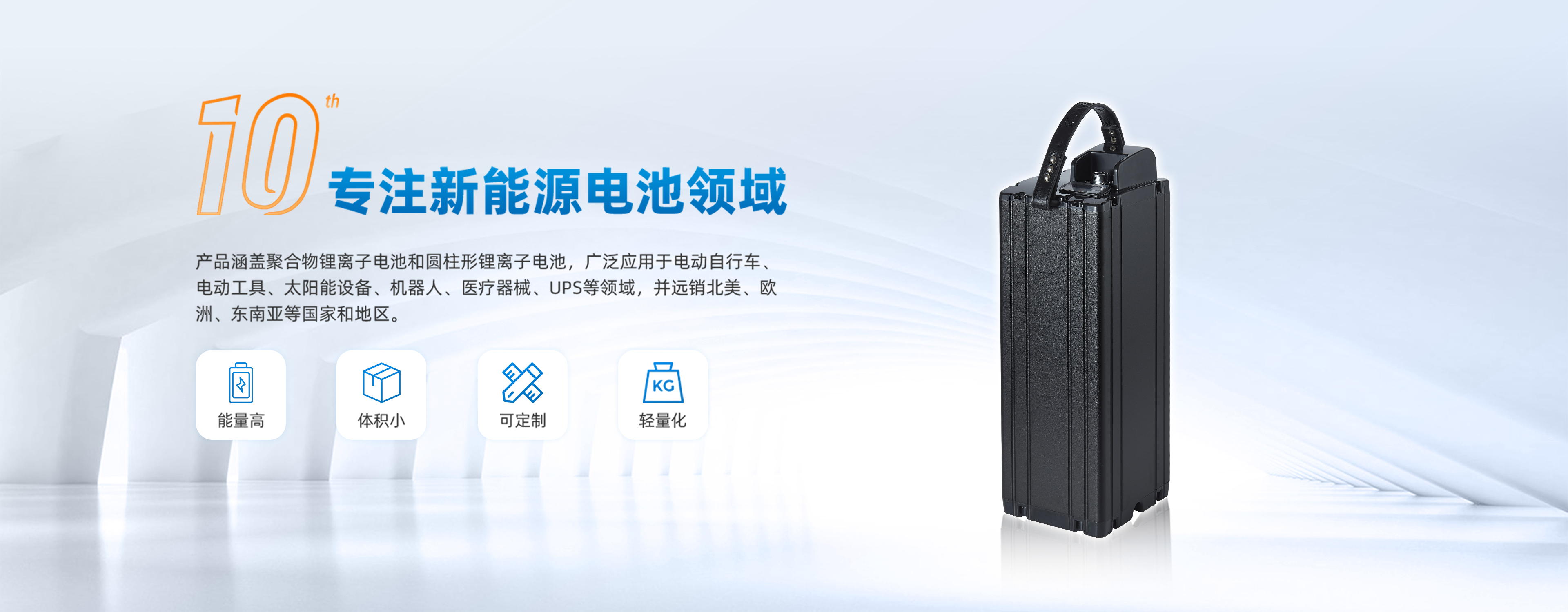



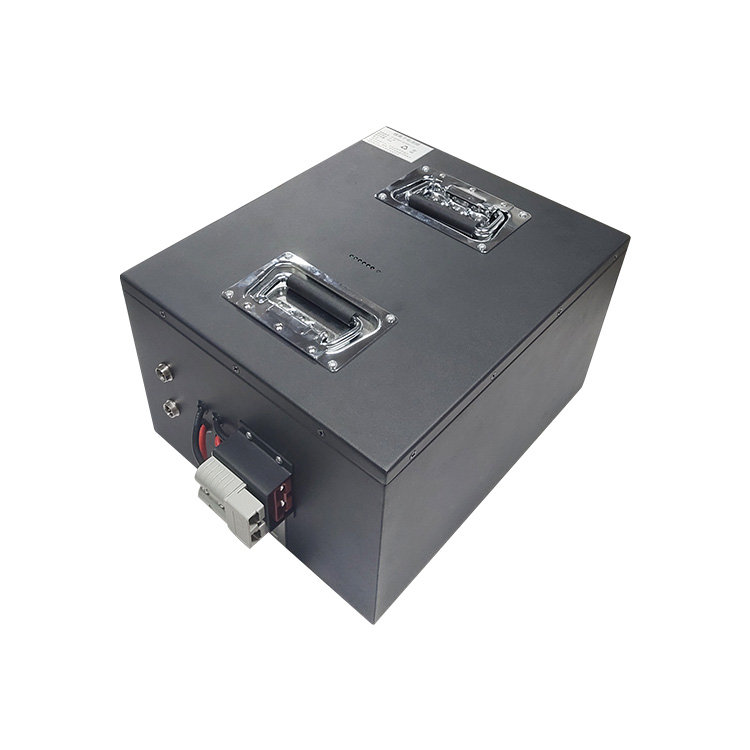


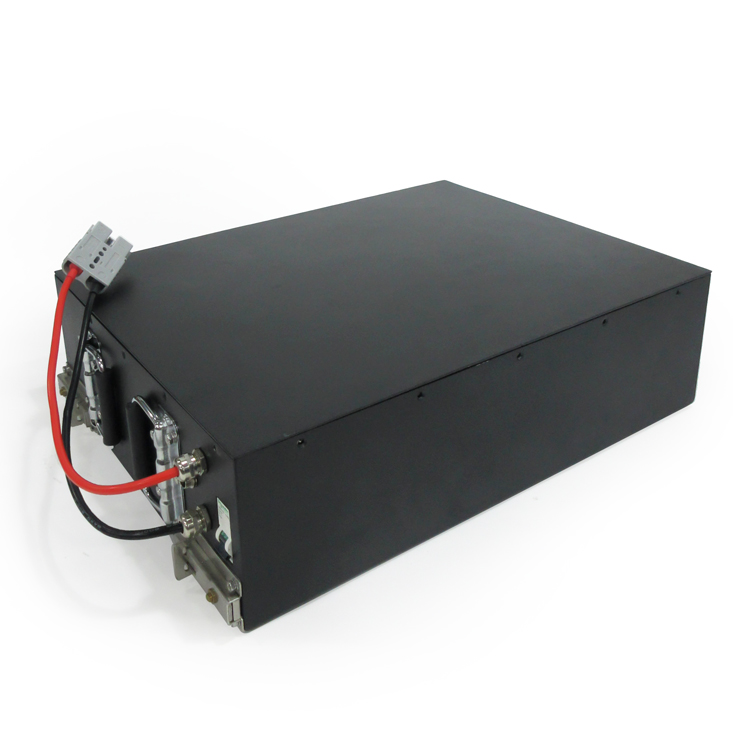

 Yue Gong Wang An Bei No. 4419002007491
Yue Gong Wang An Bei No. 4419002007491